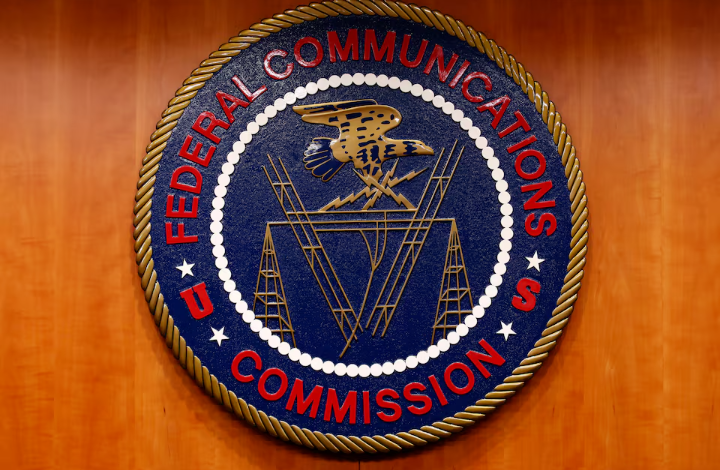In a significant legal development, the U.S. Court of Appeals for the Sixth Circuit has blocked the Biden administration's efforts to reinstate net neutrality rules. These regulations, originally established in 2015 under President Obama and later repealed in 2017 during President Trump's tenure, mandated that internet service providers (ISPs) treat all data equally, prohibiting practices like blocking or throttling specific content.
The court's decision centers on the Federal Communications Commission's (FCC) authority to reclassify broadband services under Title II of the Communications Act, effectively treating ISPs as common carriers subject to stricter regulation. The judges referenced a recent Supreme Court ruling that limits federal agencies' powers without clear congressional authorization, concluding that the FCC overstepped its jurisdiction in attempting to reinstate these rules.
This ruling represents a considerable setback for President Biden's administration, which has prioritized restoring net neutrality to ensure an open and fair internet landscape. The FCC, under Chair Jessica Rosenworcel, had voted in April to reclassify broadband services and reinstate open internet rules, aiming to prevent ISPs from engaging in discriminatory practices. Despite the court's injunction, Rosenworcel remains steadfast in her commitment to advocate for net neutrality principles.
The implications of this decision are far-reaching, potentially affecting consumers' internet access and the regulatory landscape governing ISPs. Without net neutrality rules, ISPs may have the latitude to prioritize certain content or services, which could lead to a tiered internet experience. Advocates for net neutrality argue that such practices could harm competition and limit consumer choice, while opponents contend that less regulation could spur investment and innovation within the industry.
As the debate over net neutrality continues, the focus may shift to Congress to provide explicit authorization if such regulations are to be reinstated. The court's decision underscores the complexities of administrative authority and the ongoing struggle to balance regulatory oversight with the dynamic nature of internet services. The future of net neutrality in the United States remains uncertain, pending further legislative or judicial actions.





